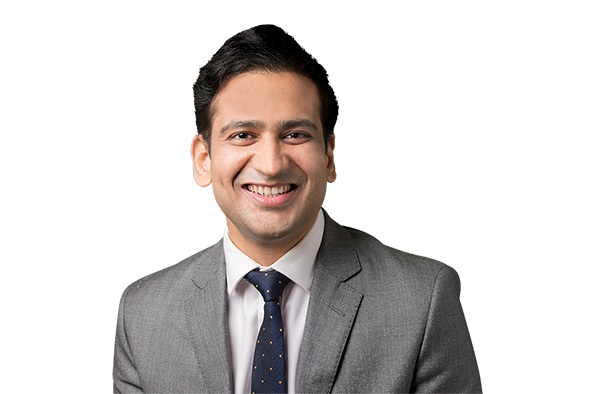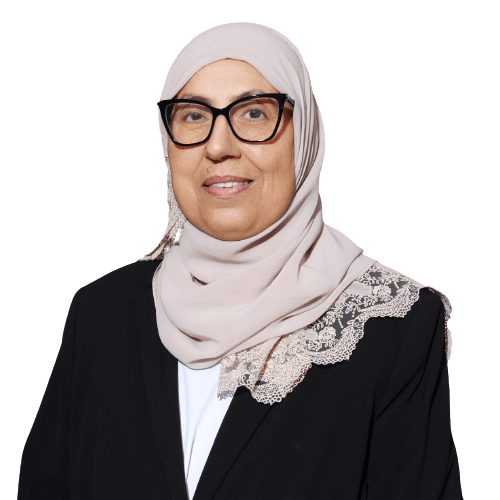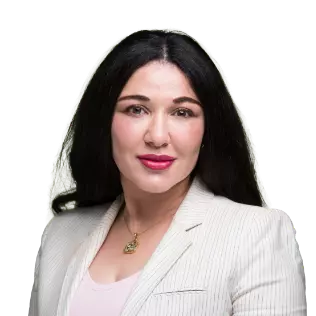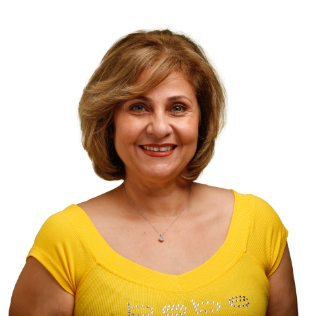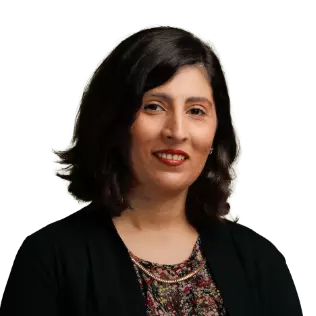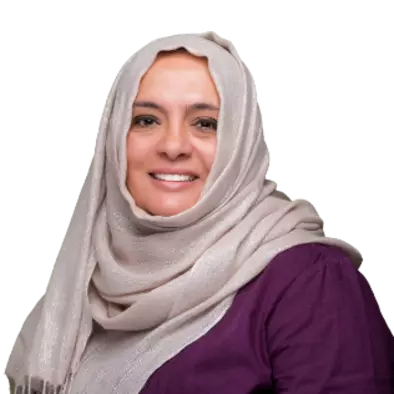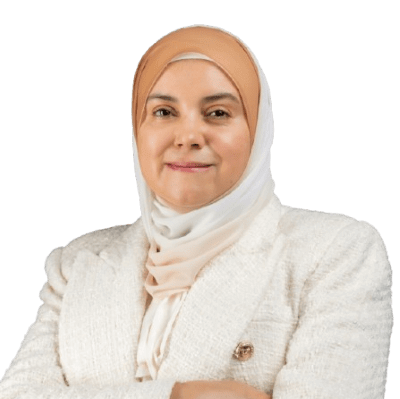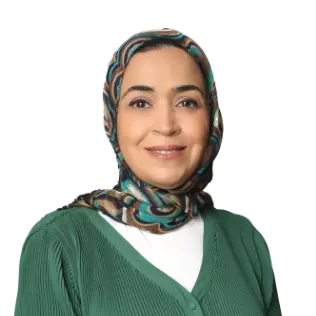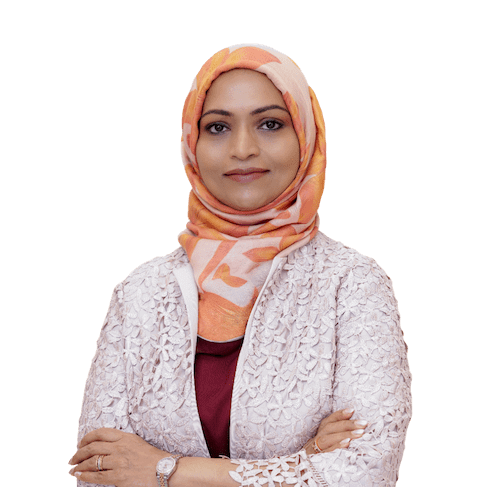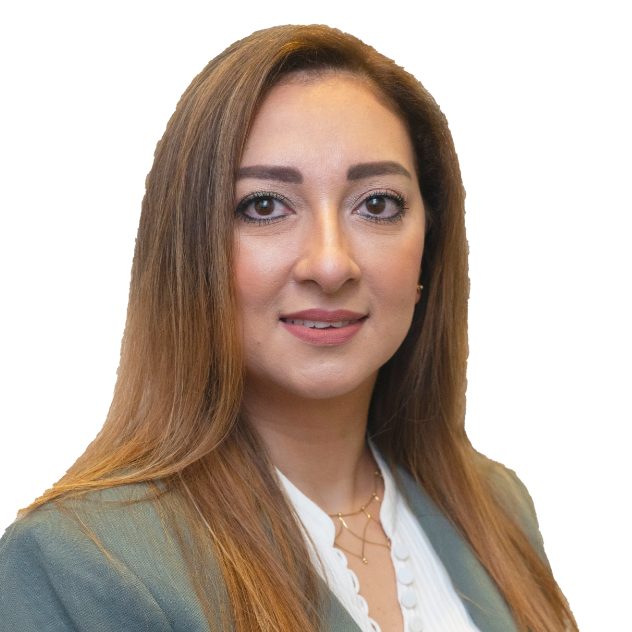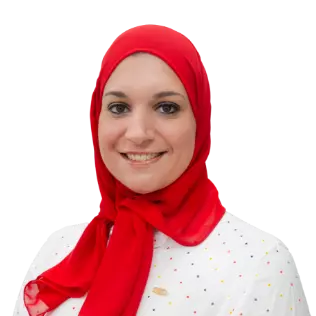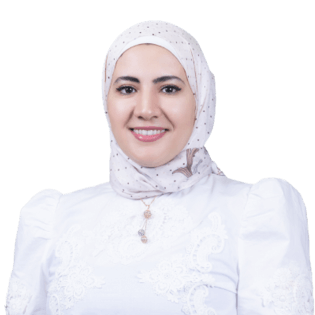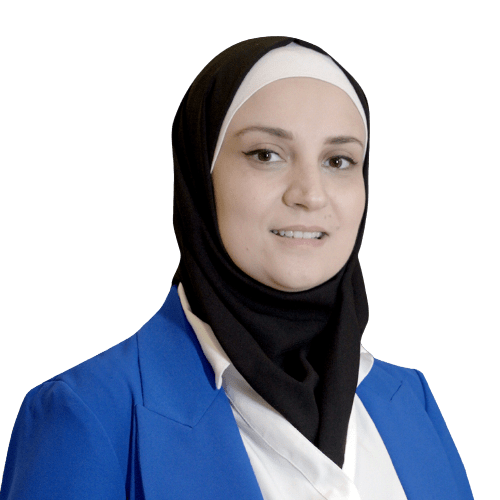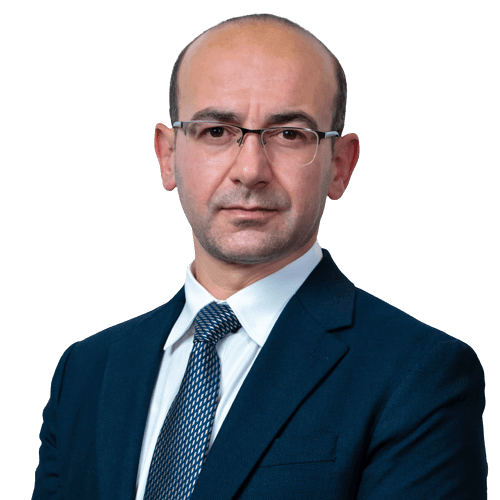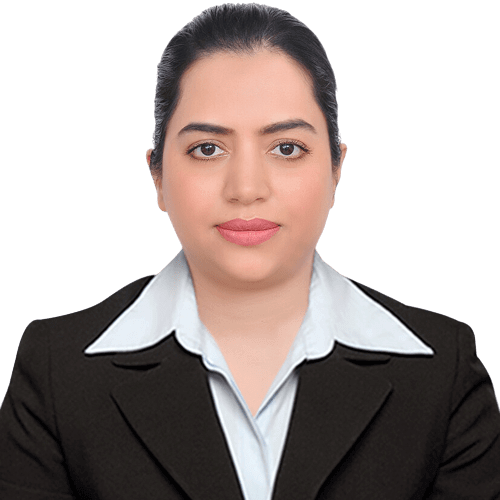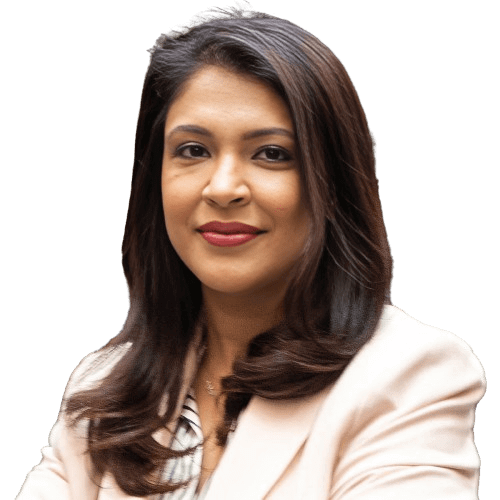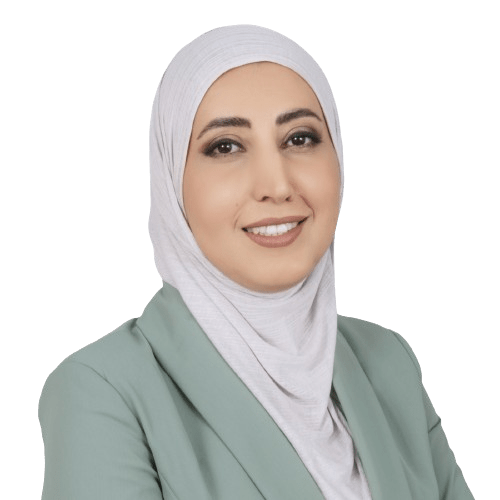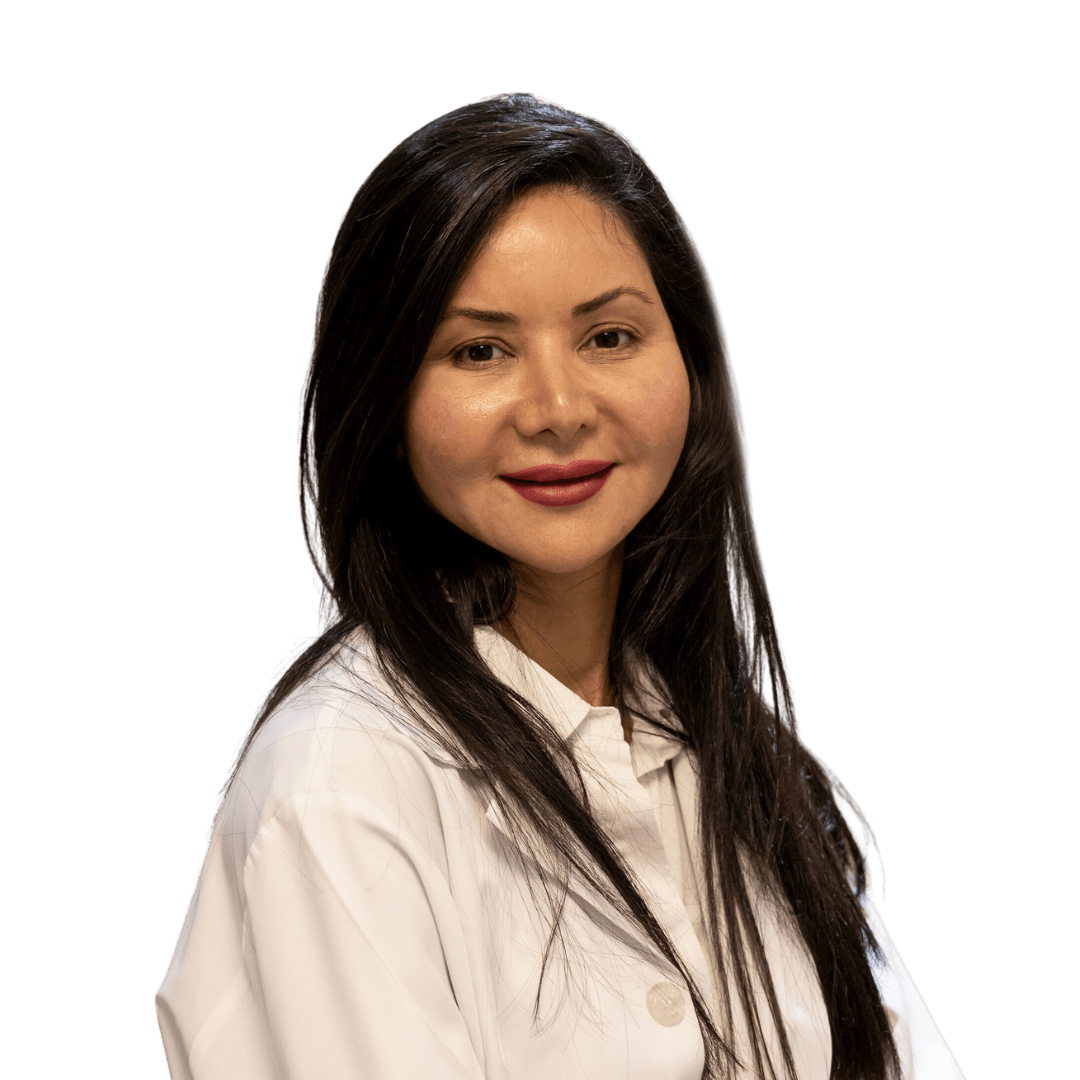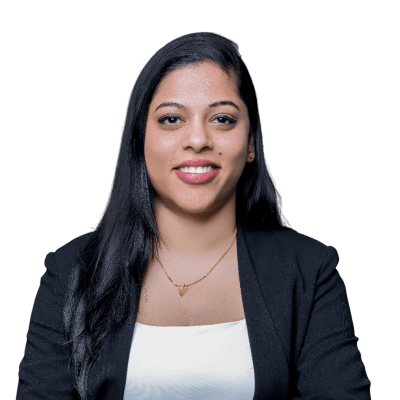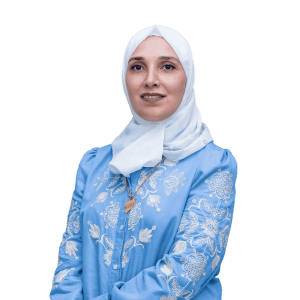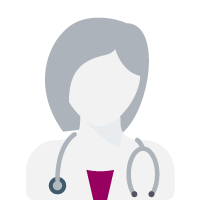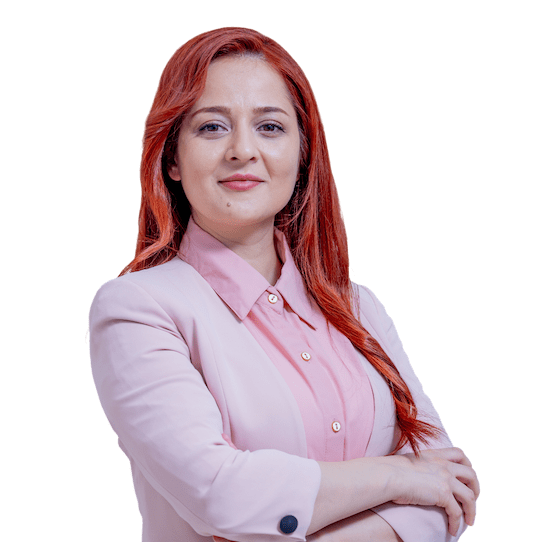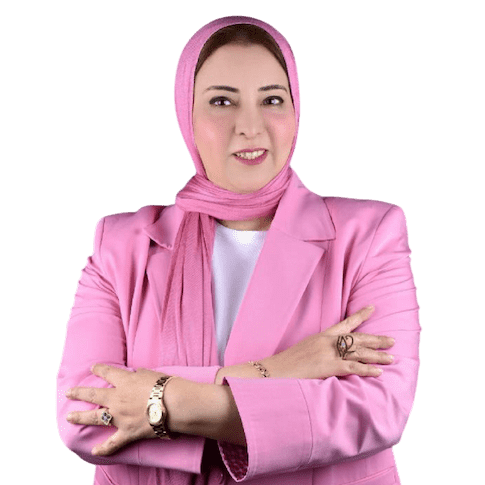Written By: Dr. Rahul Chaudhary
Dr. Rahul Chaudhary is a cosmetology specialist with a Masters Degree in Dermatology, Venereology & Leprosy from the Banaras Hindu University, India.
Updated On:December 27, 2023
Read more.

What is Cystic Acne?
Inflammatory acne of the cystic variety results in the formation of painful, pus-filled nodules deep beneath the skin. As dead skin cells and oil clog skin pores, acne develops. Moreover, bacteria enter the pores with cystic acne, resulting in swelling or inflammation. The most severe form of acne is cystic. Acne cysts frequently hurt and are more likely to leave scars.
Causes of Cystic Acne
Pimples can develop when pores in the skin become clogged with too much oil and dead skin cells. Skin pores can allow bacteria to enter and become stuck along with oil and skin cells. Deep within the middle layer of the skin, the skin reaction results in edema (the dermis). An acne cyst is this diseased, flaming, enlarged bump.
Causes of cystic acne include:
- Age (teenagers are more prone to cystic acne)
- History of cystic acne in the family
- Hormone changes that occur during adolescence and occasionally during menopause, as well as stress
Symptoms of Cystic Acne
Acne generates symptoms recognizable to all of us. These symptoms include the following:
- Inflammatory papules, pustules, and cysts
- Visible scarring
When to see a doctor for Cystic Acne?
All forms of acne can influence self-esteem and mood, but the risk of psychological discomfort is higher for cystic acne as it often has a bigger impact on the appearance of the face and disproportionately affects young adults who may be more socially sensitive.
Most acne sufferers do not typically experience bodily symptoms, but the condition of the skin can be upsetting. Yet, the distress may be greater and the cysts may be severe in cystic acne.
If any of the following occur, contact your healthcare professional right away:
- Uncomfortable, red, and swollen zits
- Scars or acne
- Skin infection symptoms
Cystic Acne Complications
By bursting or picking at acne cysts, you run a higher risk of leaving scars and developing bacterial skin infections like cellulitis.
Once the skin clears up, some people have color changes (light or dark blotches) near the location of the acne cyst. Pink, purple, red, black, or brown patches are possible. It could take longer than a year, they ultimately disappear.
Cystic Acne Diagnosis
A dermatologist, a physician who focuses on skin issues, can inspect your skin and diagnose cystic acne.
Cystic Acne Treatment
Acne cysts can be tough to treat. You should consult a dermatologist rather than using over-the-counter acne products because they can leave scars. The possibility of scarring from persistent cystic acne emphasizes the significance of treatment. Long-term and irreparable harm could result from this in the following ways:
- Small, deep pits
- Greater pits
- Shallow depressions in the skin
- Eed, elevated scars
Acne cysts can take three months or longer to disappear. Oral antibiotics and topical creams or gels with prescription strength are frequently used as treatments.
Treatments for cystic acne include:
- Antibiotic creams, gels, solutions, and lotions reduce inflammation and kill bacteria.
- To eliminate microorganisms and remove surplus dead skin cells, salicylic acid or azelaic acid may be used.
- To lessen the number of microorganisms on the skin, benzoyl peroxide may be used.
- Retinoids may be prescribed as vitamin A derivatives that help slough off dead skin cells.
- Injections of corticosteroids are used to rapidly decrease large, uncomfortable acne cysts.
- Doing an incision and draining the pus from an acne cyst is helpful.
- Women use the birth control pill or spironolactone to reduce hormone levels that lead to cystic acne.
- An oral retinoid isotretinoin, most commonly called Accutane, can also be used.
Cystic Acne Home Remedies
Anybody with acne, especially those with cystic acne, might benefit from taking the following sensible precautions to prevent aggravation:
- Washing should be done twice daily with lukewarm water and a mild soap or cleaner.
- During washing, avoid using severe scrubbing: Astringents, exfoliating chemicals, cleaning powders, and abrasive soaps should all be avoided.
- Do not pick at acne: Picking and squeezing the acne is likely to make it worse.
- Avoid wearing a lot of makeup: Makeup should be removed before going to bed and should only be applied using water-based, non-comedogenic products.
Cystic Acne Prevention
You can reduce your risk of developing acne by doing the following:
- After waking up, before going to bed, and after working out or perspiring, wash your face with a light foamy facial cleanser, warm water, and your fingers (not a washcloth or sponge).
- If you feel dry, use a moisturizer without oils.
- Utilize water-based, noncomedogenic cosmetics and skincare products.
- Never sleep with makeup on.
- Throughout the day, keep your hands away from your face.
- Avoid popping or picking at pimples or scabs.
- Keep your face away from your oily hair, which should be washed frequently.
- Sometimes greasy surroundings, like working at a fast-food restaurant, might cause acne flare-ups.
It can be alluring to reach for or pick at uncomfortable, bloated acne cysts. However, compared to normal zits, cystic acne is more likely to leave scars or become infected. A dermatologist can provide advice on how to avoid cystic acne. In addition to treating unpleasant acne cysts, this specialist can help reduce the likelihood of scarring. Effective cystic acne treatments include topical (skin) lotions and antibiotics.
References
Ayer, J., & Burrows, N. (2006). Acne: more than skin deep. Postgraduate Medical Journal, 82(970), 500-506.
Kurokawa, I., & Nakase, K. (2020). Recent advances in understanding and managing acne. F1000Research, 9.
Ramli, R., Malik, A. S., Hani, A. F. M., & Jamil, A. (2012). Acne analysis, grading and computational assessment methods: an overview. Skin Research and Technology, 18(1), 1-14.
Meet our doctors from the Dermatology & Aesthetics department
|
||||||||
|
||||||||
|
||||||||
|
||||||||
|
||||||||
|
||||||||
|
||||||||
|
||||||||
|
||||||||
|
||||||||
|
||||||||
|
||||||||
|
||||||||
|
||||||||
|
||||||||
|
||||||||
|
||||||||
|
||||||||
|
||||||||
|
||||||||
|
||||||||
|
||||||||
|
||||||||
|
||||||||
|
||||||||
|
||||||||
|
||||||||
|
||||||||
|
||||||||
|
||||||||
|
||||||||
|
||||||||
|
||||||||
|
||||||||
|
||||||||
|
||||||||
|
||||||||
|
||||||||
|
||||||||
|
||||||||
|
||||||||
|
||||||||
Similar Posts
teleMEDCARE App
Download teleMEDCARE app from Google Play or App Store to connect immediately to Medcare doctors at a click of a button and without an appointment.

Home Services
We offer our patients a broad range of home health care services in the comfort of their own homes. Book an appointment for lab tests, vaccinations, nurses and physiotherapists.

Chronic Care
Know more about our Chronic Care Management Programme in partnership with Damana Saicohealth.

teleMEDCARE App mobile
Download teleMEDCARE app from Google Play or App Store to connect immediately to Medcare doctors at a click of a button and without an appointment.

Home Services
We offer our patients a broad range of home health care services in the comfort of their own homes. Book an appointment for lab tests, vaccinations, nurses and physiotherapists.

Spotii
We have partnered with Spotii to offer a more flexible way to pay - Pay over time for your purchase. No interest, no cost & no catch.

